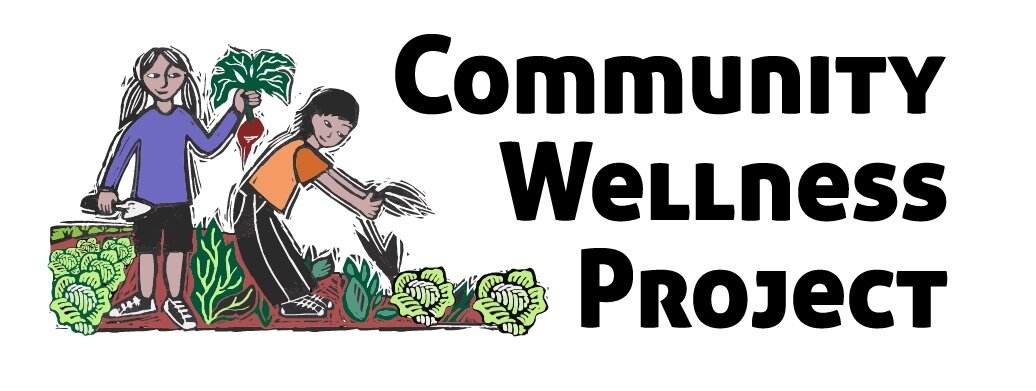Erin Yeakel, Quilcene Garden Coordinator
Neither Covid, nor cold, nor darkness of February can keep Erin Yeakel, from getting a fast start on school gardens found here. This is her fifth year with the Quilcene School Garden classes which focus more on learning than production. It’s a paid position which covers 20 hours a week during the school year and 4 hours a week during the summer to keep the gardens thriving. For Erin it’s an extension of her former work with the Organic Seed Alliance where she taught seed saving classes.
This year the lessons come with “distance learning” and “distanced learning” as students must be masked and spread apart in the beds and across less days than before. As of this writing, they are back three to four days a week. “The first class is always a reminder about tools and rules,” says Erin, “how to use them, keep them clean, and good garden etiquette.”
Normally during during the school year she conducts short classes for each grade. In Quilcene’s small system that means 10-14 kids per grade which translates into six classes for K-5. By using a state approved gardening course work, she keeps the instruction age appropriate and fresh for repeat students growing along with the garden. Think of it as one-room school house conditions, except with more sun. You can follow along by “liking” their Facebook page which showcases yearly activities.
Erin employs the No-Dig method of gardening to keep kids engaged and not complaining about working. No-Dig mean never tilling the garden dirt once the bed is constructed, instead the soil’s structure is renewed by adding a topping of compost to the surface each year. Kids learn about how soil is a living, layered system and not just something that holds roots in place.
Tasting the perennial and planted bounty is a big part of their weekly lesson plans. For example, Erin says that the students love the lemony and unexpected flavor of Sorrel compared to other green, leafy plants. In fall she normally would have an apple pressing party using apples harvested on the property. Hopefully by fall of 2021, that tradition will continue.
Even under these unexpected conditions and in late winter, some plants such as kale and mustards still thrive. If this were a normal school year, these greens would be used in the soup and salad bar in the school cafeteria where the older students prepare breakfast and lunch under the guidance of Culinary Arts Instructor.
That’s the great thing about a garden, it keeps growing regardless of what is happening around it. There is a lesson in that as well.




